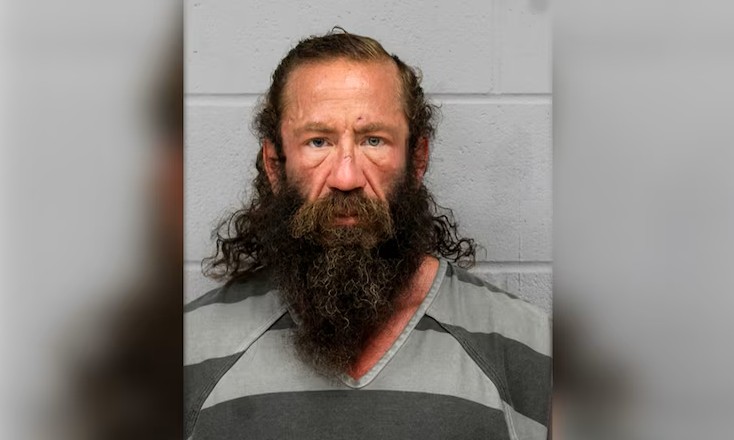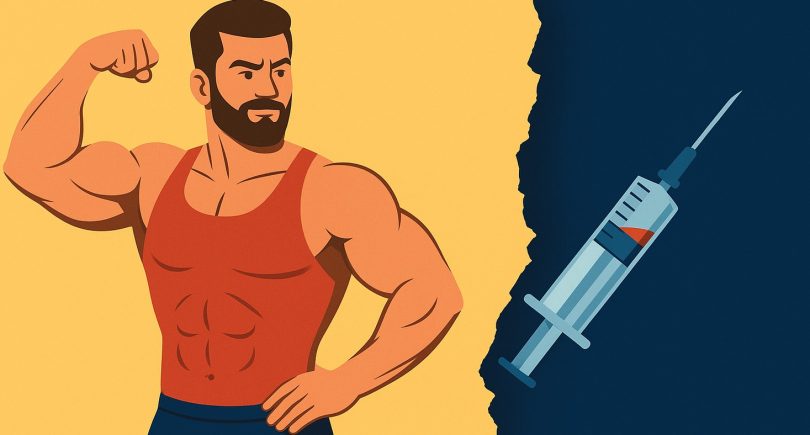Fitness influencer Brian “Liver King” Johnson was arrested in Austin on June 24, 2025, following alarming Instagram posts in which he challenged Joe Rogan to a physical fight. Here’s the verified breakdown of events, legal consequences, and the broader implications.
The Incident That Sparked the Arrest
On June 23, Johnson posted a series of shirtless, wolf-headdress-wearing videos on Instagram declaring he was traveling to Austin, Texas, and challenging Joe Rogan—a prominent podcaster and Brazilian jiu-jitsu black belt—to a man-to-man fight. Brandishing what appeared to be gold-plated guns, Johnson provoked: “Man to man, I’m picking a fight with you… I’ll come to you, whenever you’re ready.” According to Texas authorities, this triggered an arrest warrant on charges of making a “terroristic threat” (Class B misdemeanor) after Rogan’s team reported the posts to police, citing genuine concern for his safety.
Booking, Bail, and Bond Conditions
Johnson was arrested later that evening at the Four Seasons Hotel in Austin without incident, booked into Travis County Jail, and released on a $20,000 bail. As part of his bond, he must:
– Maintain at least 200 yards distance from Rogan and his family
– Refrain from contacting Rogan directly or via social media
– Surrender all firearms and undergo a mental health evaluation within one week.
Why This Matters for Fitness Culture
This incident marks a dramatic shift from performative health messaging to genuine legal consequences. The Liver King’s brand, built on raw meat diets and “ancestral living,” already faced scandals when leaked emails revealed he spent $11,000 a month on steroids—contradicting his naturalist image . Now, his highly public meltdown raises pressing questions: What happens when online bravado crosses legal lines? Where do we draw the line between influencer persona and real-world responsibility.
The arrest of Brian “Liver King” Johnson is more than just fitness-world drama—it’s a boundary test between social media performance and public safety. While the legal process unfolds, this case serves as a wake-up call: influencer tactics have consequences, and transparency matters more than ever.






